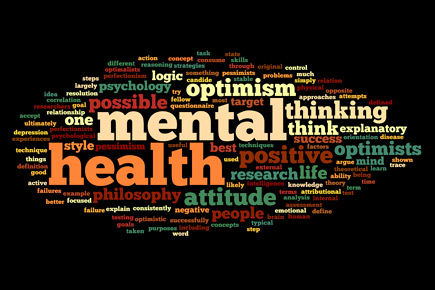With students across Canada returning to school this week, the Horatio Alger Association of Canada, the nation’s largest provider of need-based scholarships, today announced the results of a nationwide survey designed to evaluate the impact of the COVID-19 pandemic on recent public high school graduates’ mental health and future educational plans.
The survey’s key findings show that high school graduates believe the pandemic’s long-term effects will be a detriment to their own success, that they did not enjoy the past year of online learning, and that they faced an increase in mental health related issues as a result of the pandemic.
1. Students believe the pandemic’s long-term effects will be a detriment to their own success.
- 57% felt that the pandemic has negatively impacted their confidence in starting post-secondary education, with 2 in 5 confirming it had already negatively impacted education plans.
- 62% worry about its impact on their future success in post-secondary education.
- 56% worry about its impact on their current employment situation.
- Two-thirds worry about its impact on their future opportunities.
2. Students on the whole did not enjoy the past year of online learning.
- 70% said that remote learning during the pandemic left them feeling frustrated and unengaged.
- More than half felt they had learned less this year than in years before the pandemic.
- Of the students who originally planned to attend a post-secondary institution but changed their minds following the pandemic, one-third cited not enjoying online learning as a key reason for the change.
- More positively, over half said they had the resources they needed to succeed in remote learning.
3. Students faced an increase in mental health related issues as a result of the pandemic.
- 4 in 5 students often felt anxious or worried since March 2020, with 1 in 4 saying they felt this way extremely often.
- 58% said they often experienced feelings of loneliness or lack of connection to others during the pandemic, 28% saying it happened extremely often.
Prem Watsa, President of the Horatio Alger Association of Canada and a Member of the organization since 2012, commented on the results.
“As an organization that awards $1.68 million in annual scholarships to high school graduates entering their post-secondary studies, we commissioned this study to learn more about the state of mind of these young Canadians as they venture into the next stage of their lives all while navigating a global pandemic,” said Mr. Watsa. “What we found is concerning and makes clear that the isolation and lack of in-person learning has resulted in a difficult time for a lot of students. This should be key consideration for decision makers as we enter a fourth wave this fall.”
The independent survey was commissioned by the Horatio Alger Association of Canada and conducted by Dynata, the world’s largest first-party data and insights platform. The survey of 503 recent public high school graduates was conducted between June 21 – July 7, 2021 and has a margin of error of +/- 4.37 percent at the 95 percent level of confidence. Research participants in this study were balanced with Statistics Canada data on gender and geographic region.
SOURCE Horatio Alger Association of Canada
